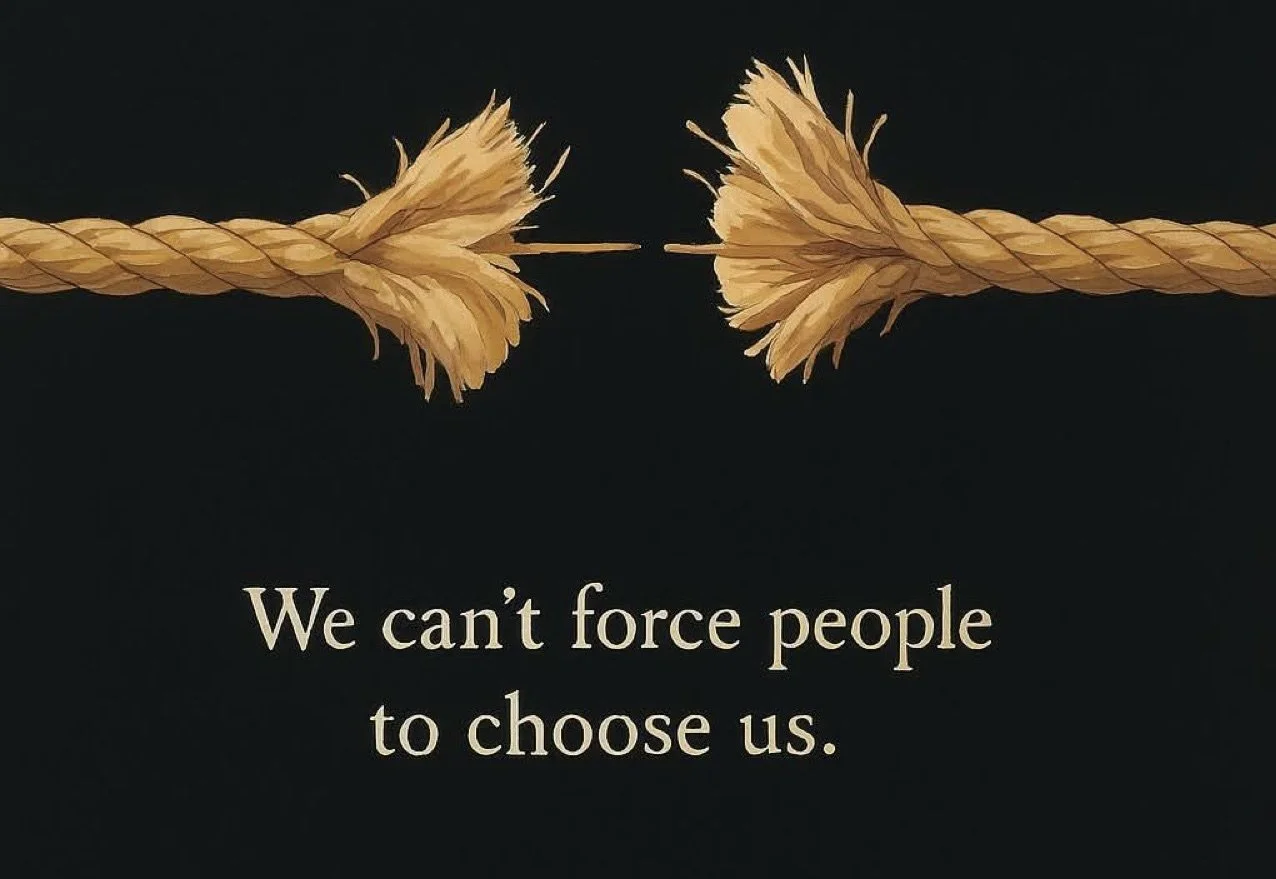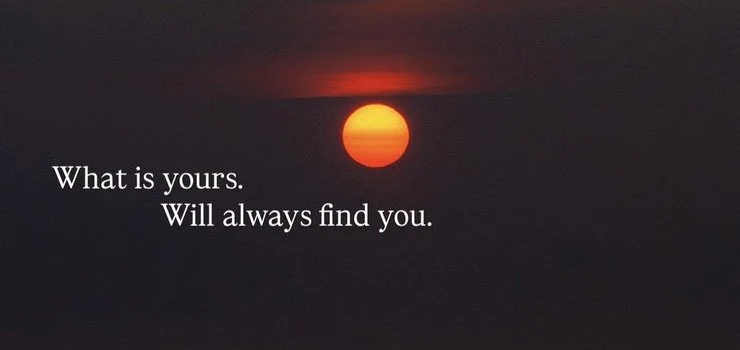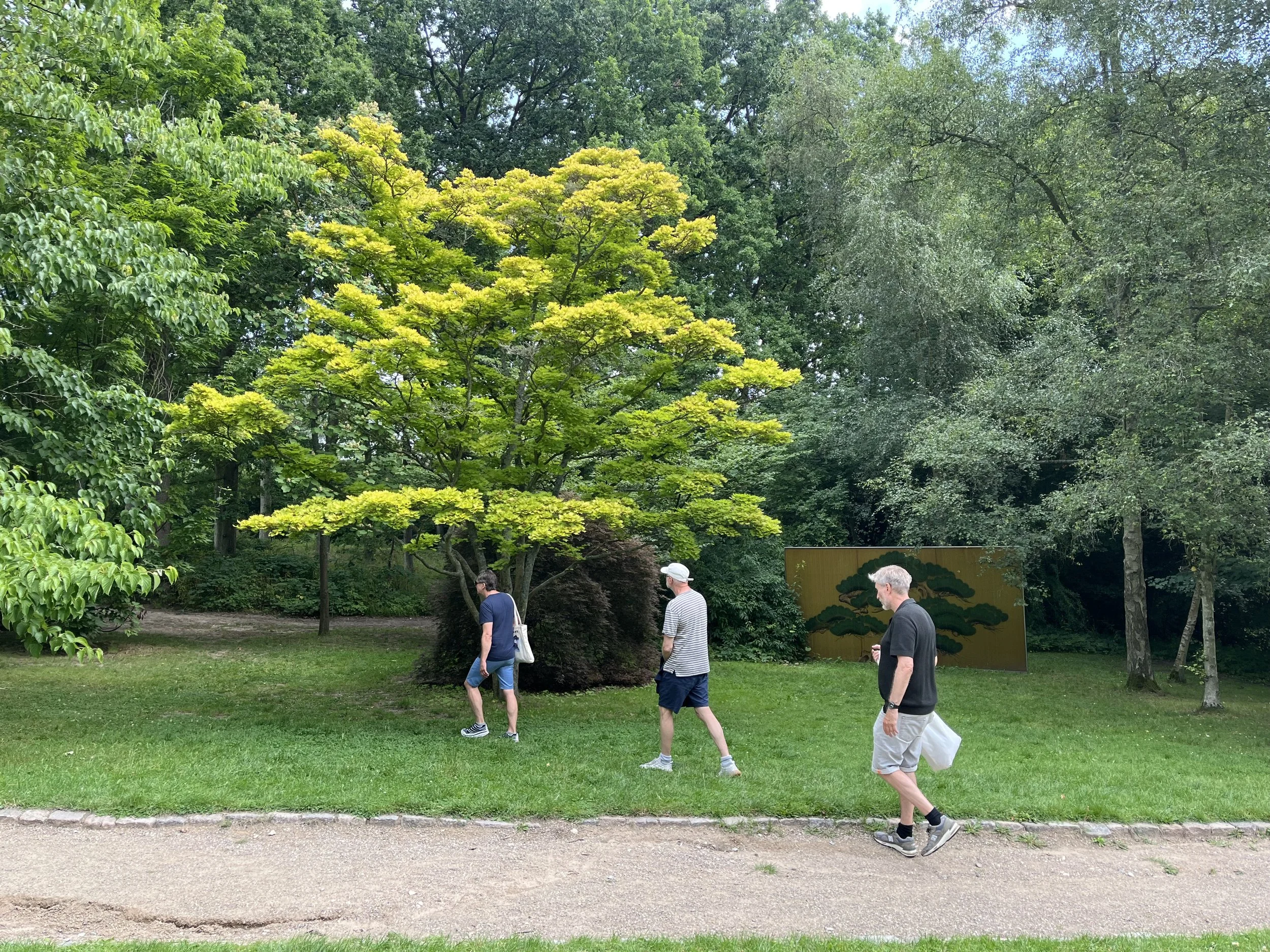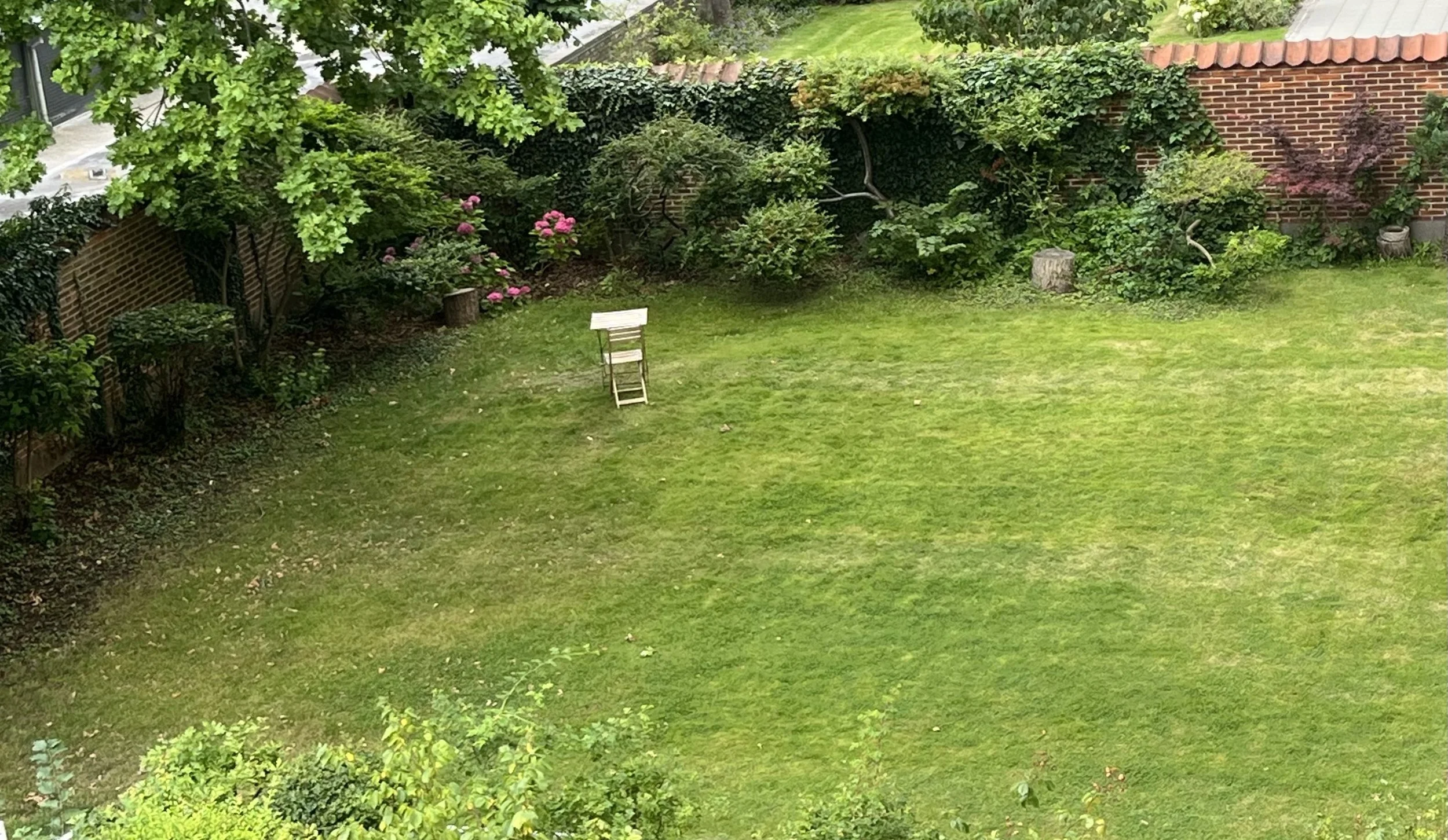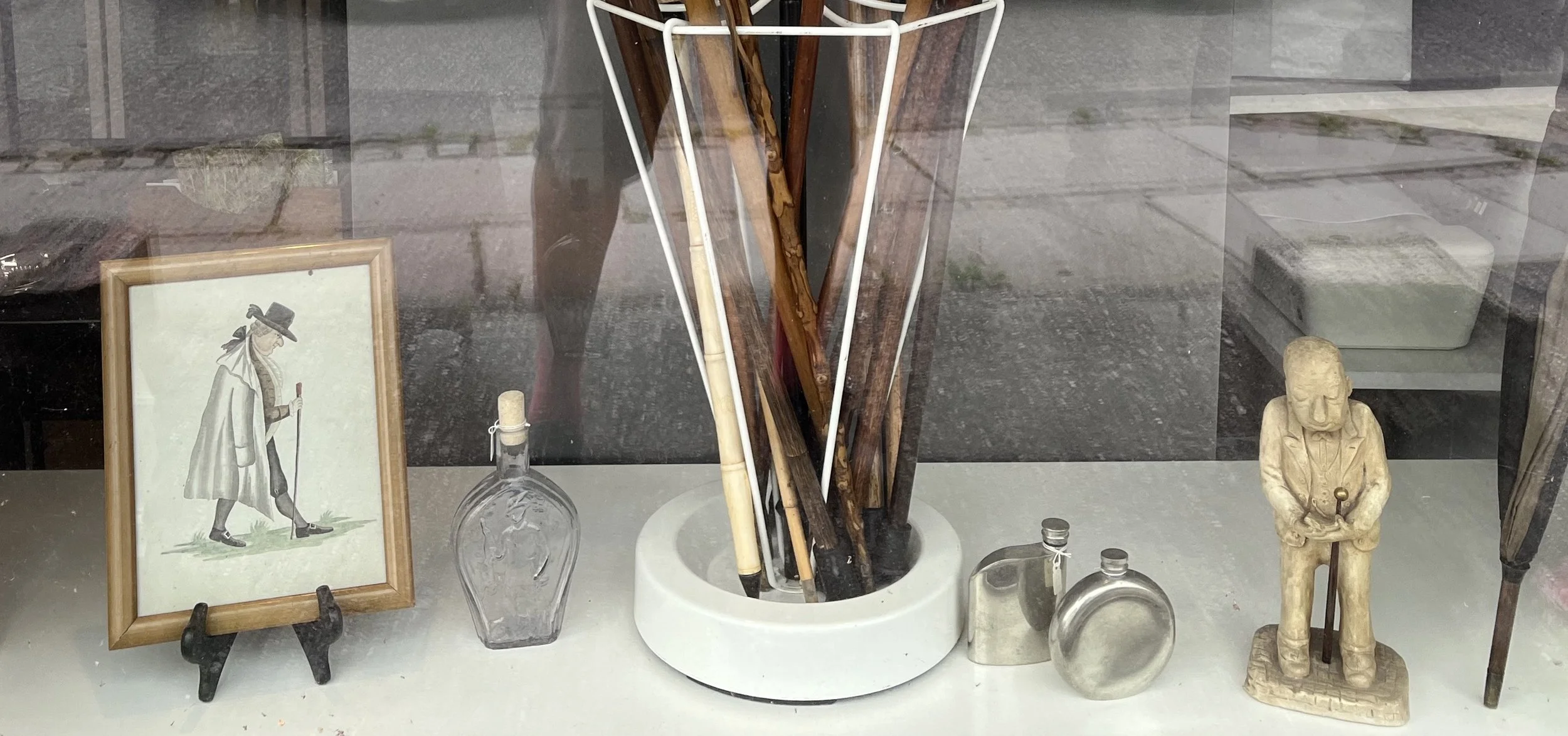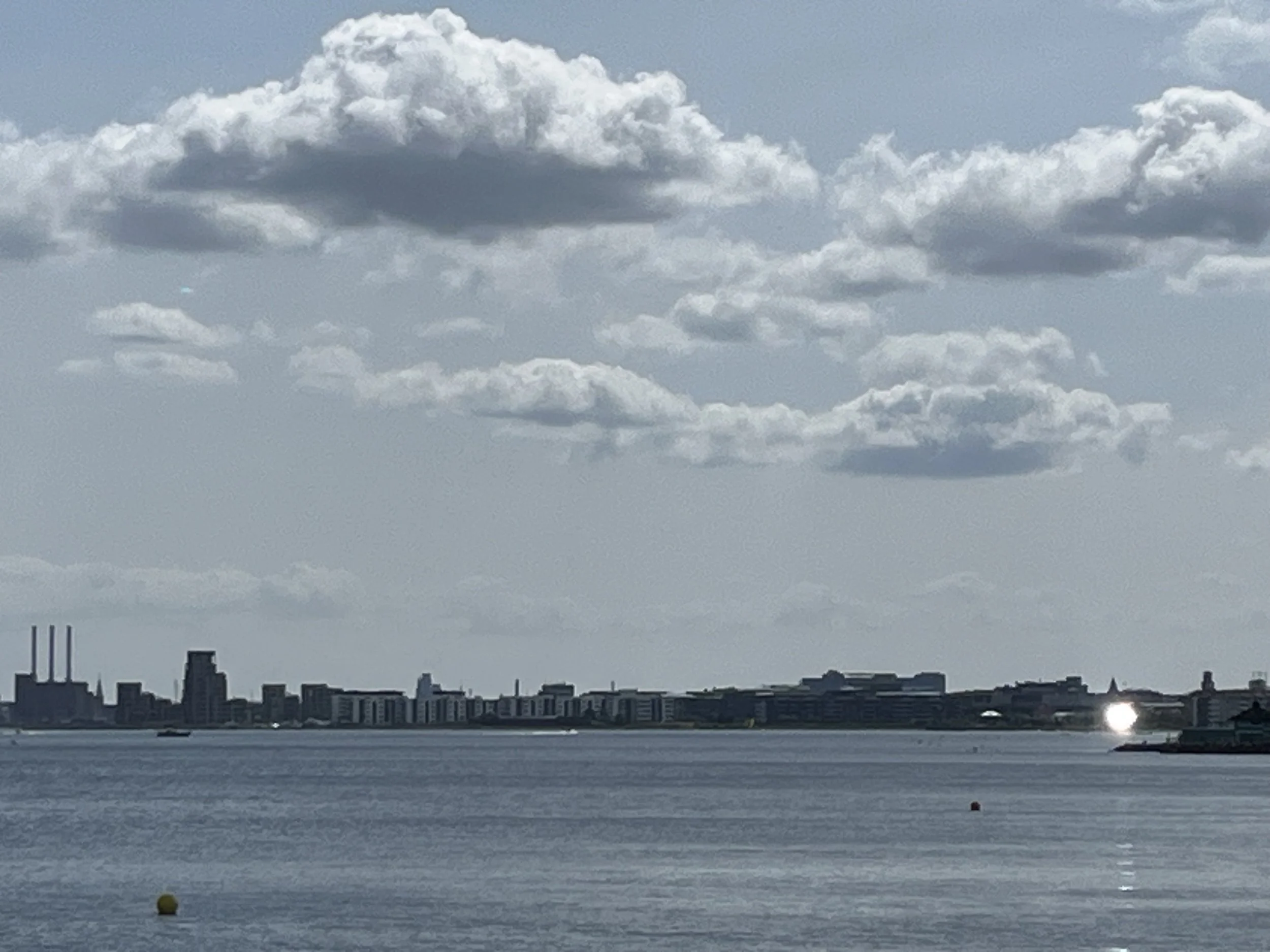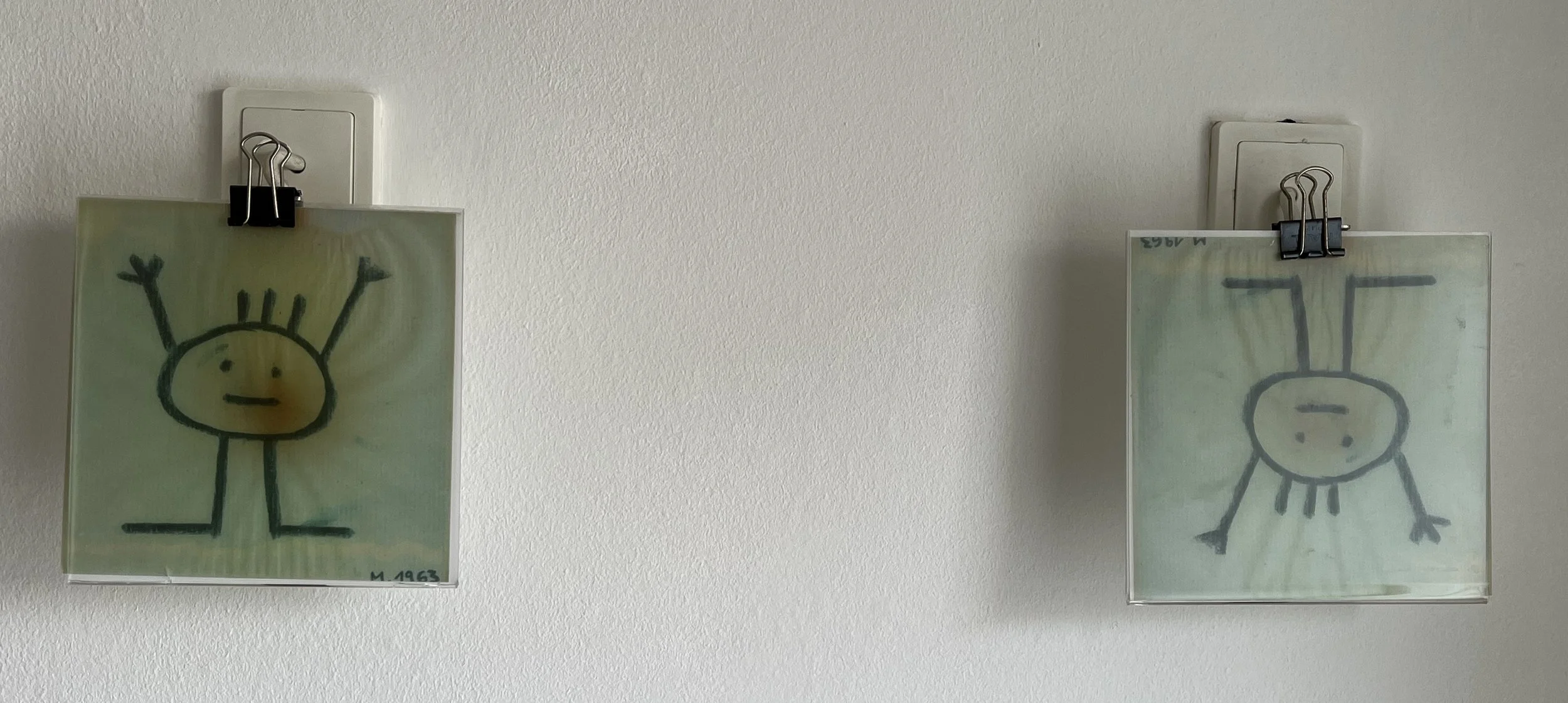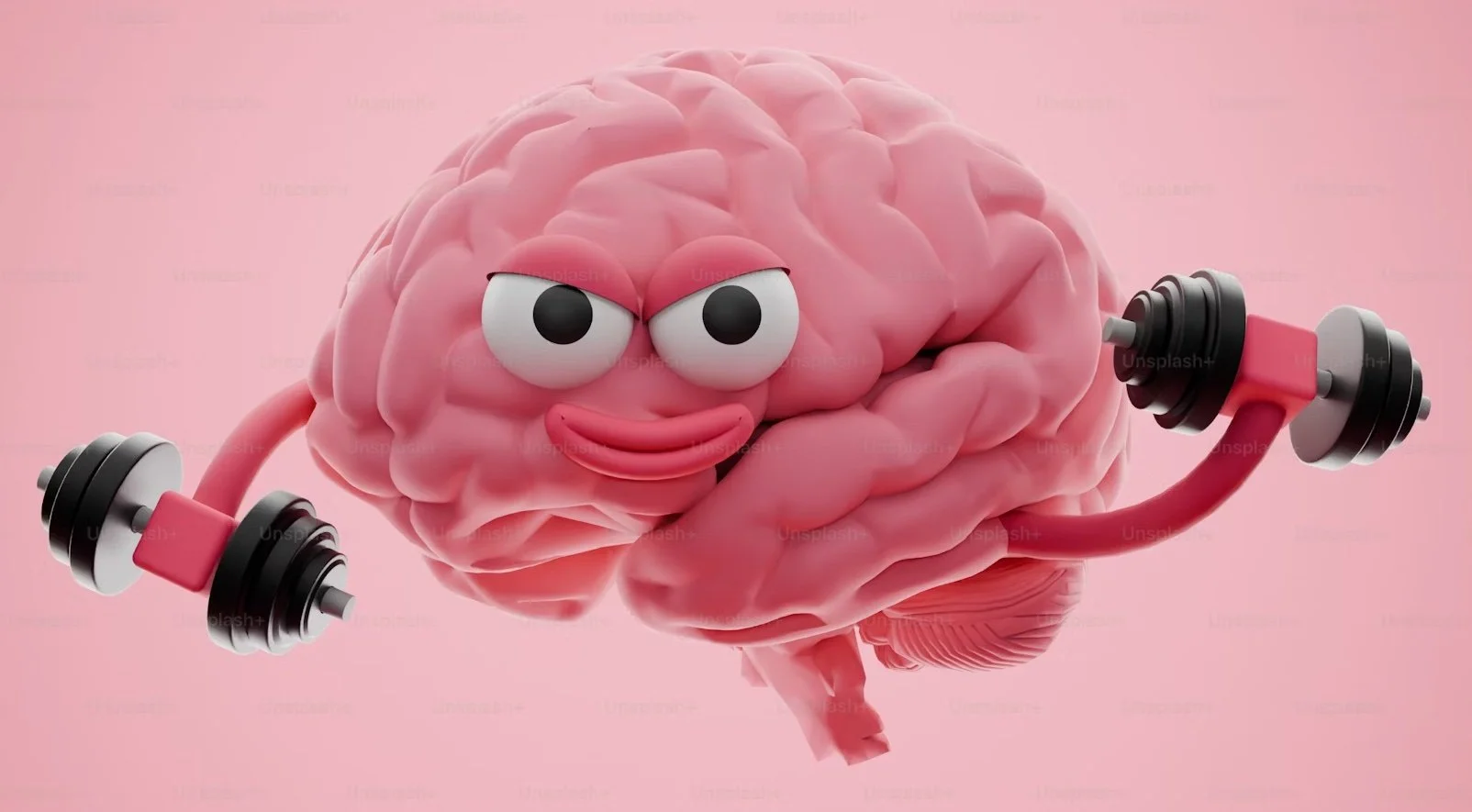The most difficult thing I have ever done was to believe that I could do it. When you don’t know what’s impacting you as when something is holding you down without your awareness it’s hard to break free. Living in a dominant culture designed to destroy your sense of self and your belief in yourself means you have had to learn how to connect with the power within you to handle where you are. The key is to be in a perpetual process of discovering the truth of who you are, while constantly fighting to escape the inner conversation that keeps you small.
““Always do what you are afraid to do.””





